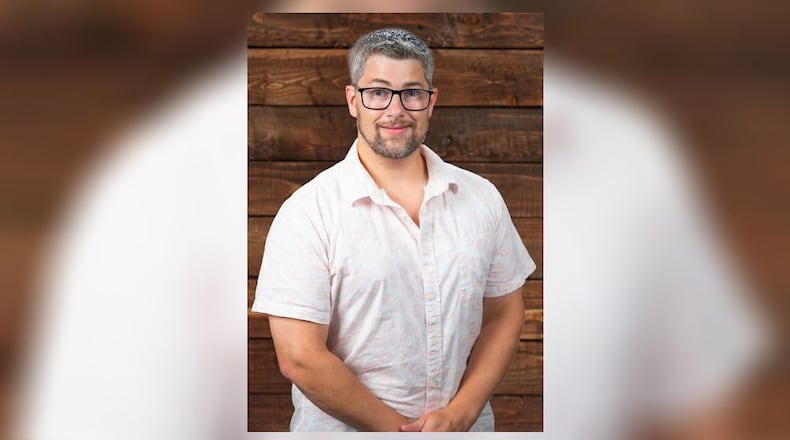The Ohio GOP proposal has forced me to reevaluate these institutions in a new light. Having read the contents of the Ohio GOP’s plan to challenge, restrict, and discredit the content and character of educators, I am reconsidering these universities as top contenders. I am appalled at a move so clearly aimed at stifling free speech in education.
Is this the new face of higher education in Ohio?
Learning in all forms should be a haven of growth and understanding. Viewpoints both conservative and progressive should be examined in equal lights, with all sides benefiting from a free and open exchange of ideas and experiences. Although students, friends, and colleagues may not agree with one another, all are enriched by a diversity of thought and perspective.
When I returned to college as an adult learner years ago, I cherished the opportunities I had to share experiences, viewpoints, and new ideas with my fellow classmates: young and the young at heart. I enjoyed engaging my professors in spirited debates on ethics, historical context, and what the future might hold for IT professionals such as myself in the years to come.
Under Republicans’ proposed changes, these debates would likely become far less engaging. Lively discussions of complex or morally ambiguous topics may give way to sterilized textbook answers barren of original thought.
For me, the Ohio Higher Education Enhancement Act is a personal affront to the educational experience I am searching for.
I have spent the last 8 years working as an IT professional modernizing the landscape of America’s health care system, and I am looking forward to continuing this passion for many more years to come.
Unfortunately, America’s health care system is a fiercely political subject.
Artificial Intelligence is poised to make staggering changes to the way health care is delivered and evaluated, and systemic bias tops the list of its dangers. Will educators be allowed to weigh in on this socially-progressive dilemma?
I am proud of the work being done to further diversity, equity, and inclusion by the companies I have worked for. Will I be allowed to share these experiences with classmates so that they might benefit from our success?
Americans pay vastly more than other nations for a health care system that underperforms and leaves millions uncared for, in crippling debt, or bankrupt. It is the leading cause of bankruptcy in the U.S. by an embarrassing margin. Will I be free to discuss the pros and cons of universal health care, or will the professors’ lips be sealed, bound, and gagged by a GOP muzzle of fear?
The questions posed in higher education are seldom black and white. They require nuanced discussion and a respect for new perspectives. These are not the values I see represented in the Ohio Higher Education Enhancement Act.
I am seeking an education that will broaden my horizons and expand my understanding of health care systems and practices. I am not interested in some watered-down curriculum devoid of conflict. That’s simply not an education worth investing in.
Ohio’s students deserve better.
Noah Zorbaugh is an IT consultant with a diverse background working with industry-leading Silicon Valley, health care, and manufacturing companies.
About the Author
